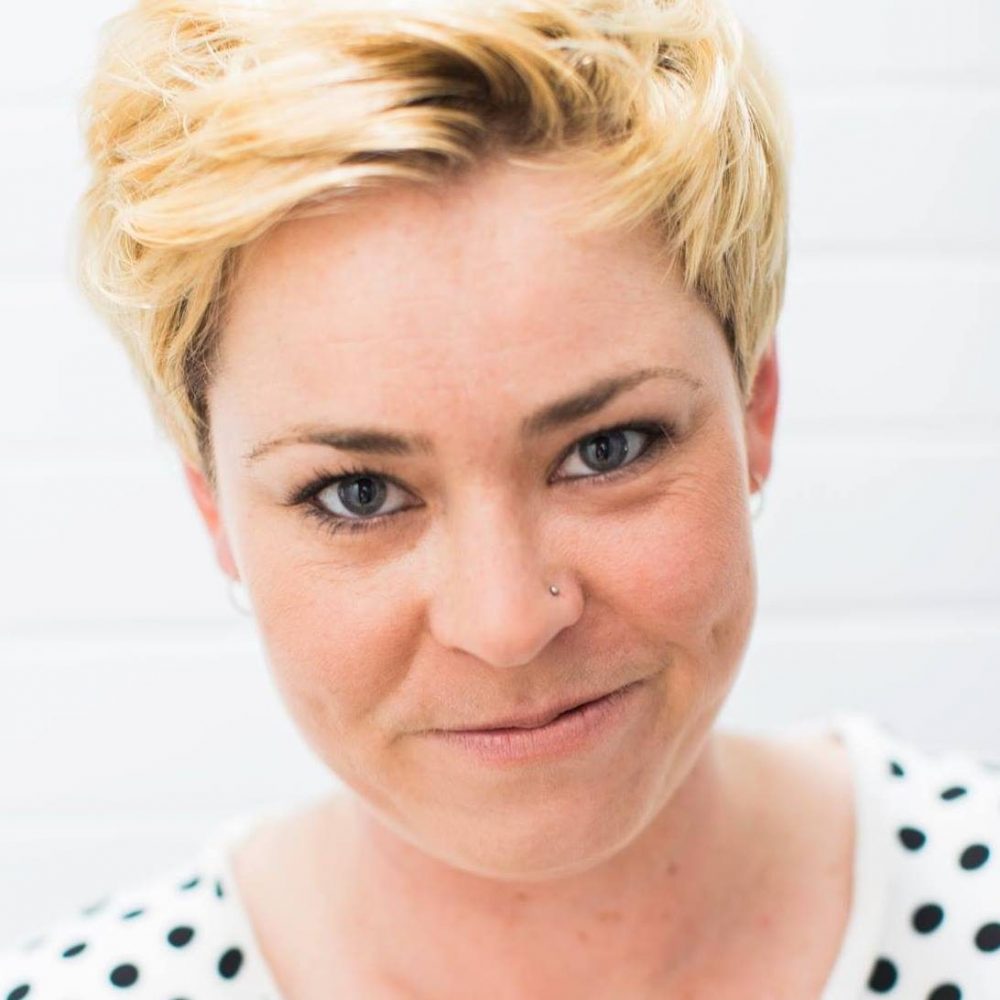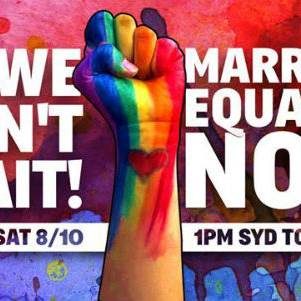The SBS poll found 61 per cent of migrants believed same-sex couples should be able to marry.
A recent poll by the SBS has found that over half of Australians with migrant backgrounds support same-sex marriage.
The online survey, run by research group Essential Media, was conducted last week and asked over 1,000 people to agree or disagree with a number of statements about marriage equality. The answers were then cross-referenced with the places the respondents and their parents came from.
The survey found that 54 per cent of respondents born outside of Australia agreed that people in same-sex relationships should be allowed to marry, while 66 per cent of respondents whose parents were born overseas agreed with the statement.
“It appears that on these issues… people who are born overseas, they’re a little less likely to agree than the rest of the population, but their children are more likely to agree,” said Essential Media spokesperson Peter Lewis. “So, a kind of interesting bell curve coming out there. Once you’re a second-generation Australian, in a way you’re more integrated into that particular debate.”
The poll also indicated that same-sex marriage would not play a big role in the upcoming federal election. More than half of the overall respondents disagreed when asked if the issue was important to them.
Of those born overseas, 55 per cent stated that party policies on marriage equality would not influence their vote. Even more indicated a candidate’s sexual orientation or stance on the issue would not make respondents less likely to vote for them.
While the poll showed that the number of first generation Australians who supported same-sex marriage was below the national average, Lewis does not believe this suggests that marriage equality is a more conservative issue among migrants.
Members of the Coalition, including Liberal Senator Concetta Fierravanti-Wells, have previously said migrants would oppose same-sex marriage due to the importance of marriage as an institution in various faiths.
“Same-sex marriage is not a priority, but if it is made a priority, it would raise strong opposition to the faith of many Australians, including especially our migrant communities who consider marriage a bedrock institution,” said Fierravanti-Wells last year at a Press Gallery luncheon.
But Dr Shirleene Robinson, from Australian Marriage Equality, said the SBS poll contradicts Fierravanti-Wells’ claims.
“Members of migrant communities, they have gay and lesbian people in their families, the have gay and lesbian people in their workplace, so there’s no reason to suggest they would be particularly opposed to it in significantly different numbers to the rest of Australia,” she said.
“I think a lot of people are comparing Australia to those other countries they’re from and thinking it’s time to get this done here.”


